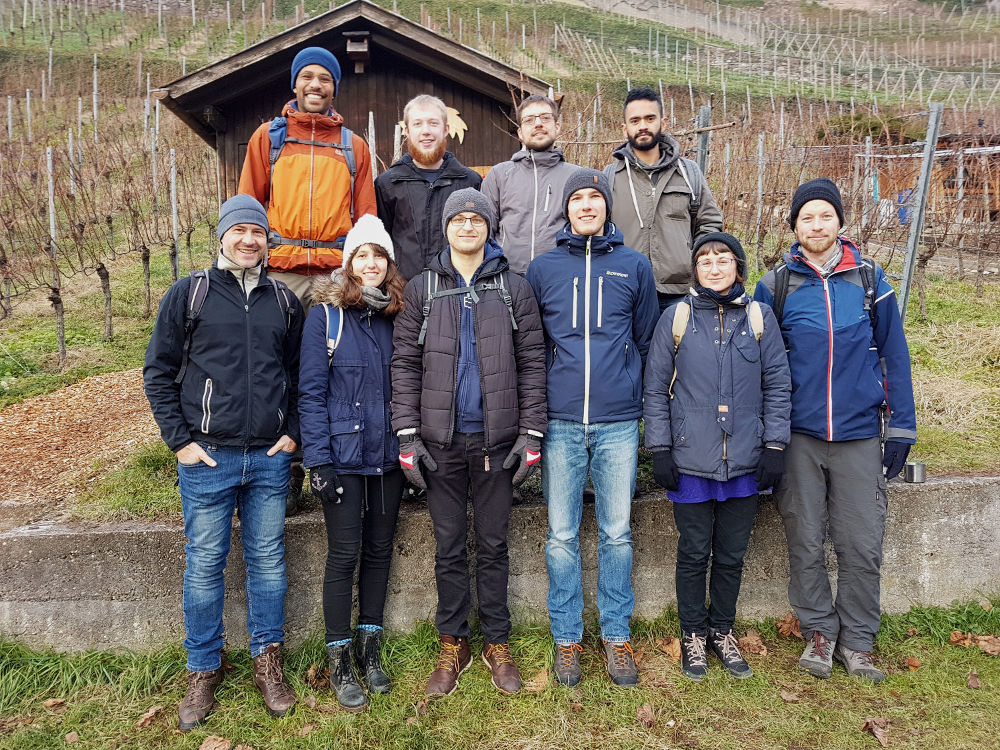Welcome to the Brain State Decoding Lab!
- News
- PI Michael Tangermann moved to Radboud University Apr 07, 2022
- BCI-supported language rehabilitation wins BCI award Aug 06, 2018
About the Brain State Decoding Lab
The Brain State Decoding Lab focuses on machine learning challenges that arise in the decoding and encoding of brain states in quasi real-time and in closed-loop paradigms. The Lab is headed by Dr. Michael Tangermann and embedded into both, the Dept. of Computer Science and the Cluster of Excellence BrainLinks-BrainTools.
Our research comprises:
1. Machine learning for neurotechnology:
- Single-trial analysis of high-dimensional, noisy (time series) data with state-of-the-art machine learning methods
- Adaptive unsupervised machine learning approaches to compensate non-stationary characteristics of brain signals and to support transfer learning strategies
- Analysis of multimodal signals (e.g. electrophysiological signals, behavior, eye-tracking, heart rate variability, etc)
- Regularization approaches for classification and regression in the context of high-dimensional and noisy data
- Deep reinforcement learning for adaptive stimulation
- In-vivo hyperparameter learning: automatic optimization of stimulus parameters in closed-loop experiments
- Prediction of motor performance based on oscillatory features
- Data-driven simulation environments for invasive closed-loop paradigms
2. Translation of novel algorithms into neurotechnological applications:
- Foundations of Brain-computer interfaces (BCIs)
- BCIs for communication and control
- Closed-loop rehabilitation of hand motor deficits and of cognitive deficits (especially aphasia) after stroke (see the Projects section)
- Online decoding of spatial auditory attention
- Closed loop deep brain stimulation for Parkinson's disease (PD)
- Optimization of human-robot interaction
- Decoding of perceived hazard events


